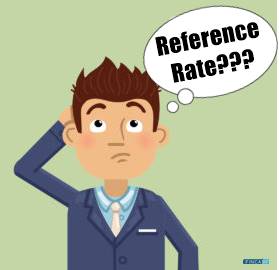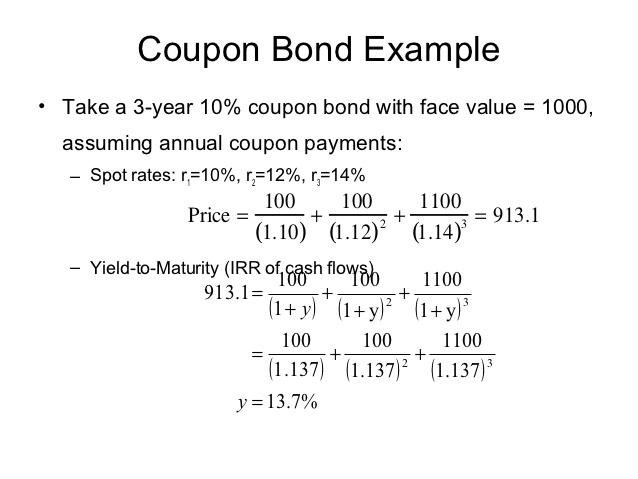What is the Reference Rate?
Banks, credit unions, private moneylenders, and other financial institutions use the reference rate as the benchmark to determine the interest rate for loans, securities, and financial products. It is a guaranteed borrowing rate. The reference rate is used in different types of monetary transactions. However, they are quite common in the LIBOR, US Treasuries, and fed funds rate. These rates are also used to set the best interest rate for home loans and mortgages.

The reference rate can vary from security to security. In simple terms, the reference rate can be defined as the standard rate that is used to set the interest rates for other financial instruments and mortgages. The reference rate is mainly the prime rate or the standard rate plus the additional amount. Most banks and financial institutions set the interest rate based on the prime rate plus the additional rate.
Let’s understand the concept with an example.
Connection between Reference Rate & Interest Rate
Suppose you plan on financing the growth of your company by borrowing a loan of INR 500,000 from a credit union. The financial company provides the loan at the prime interest + 6%. Basically, the company is willing to offer a loan that equals the prime rate + 6 percent. Let’s say the prime rate of the mortgage is 5 percent. Now, the interest rate for the loan will be 11 percent. Here, the prime rate is the reference rate as it is used as the benchmark for setting the interest on the loan. That’s one of the reasons why the interest rate keeps changing every now and then. It mainly depends on the current reference rate.
If the reference rate changes, the interest rate offered on the loan will also change. Now that the interest on a loan can be reset depending on the prime rate, it will fluctuate regularly. The interest will be higher if the prime rate increases and it will decrease if the prime rate goes down. It is important to note that banks have the right to reset the interest whenever the reference rate increases. Even if they have passed your loan application as low interest and the prime rate increases in the next few days, the Bank can increase the interest on the loan. Similarly, the borrower will not overpay if the reference rate decreases.
Talk to our investment specialist
Significance of Reference Rate
Interest rates play a crucial part in determining the Inflation and the financial condition of the Economy. Not only the central bank but nearly all commercial banks monitor the changes in the reference rare regularly. Besides, it is important for borrowers. For instance, students can borrow educational loans when the reference rate is down. The reference rate is also used to determine the right time for borrowing the loan. Most people consider the reference rate before depositing their money in the bank or borrowing a mortgage for the home. In addition to that, reference rates are directly related to stock prices, Bonds, and derivatives.
All efforts have been made to ensure the information provided here is accurate. However, no guarantees are made regarding correctness of data. Please verify with scheme information document before making any investment.











